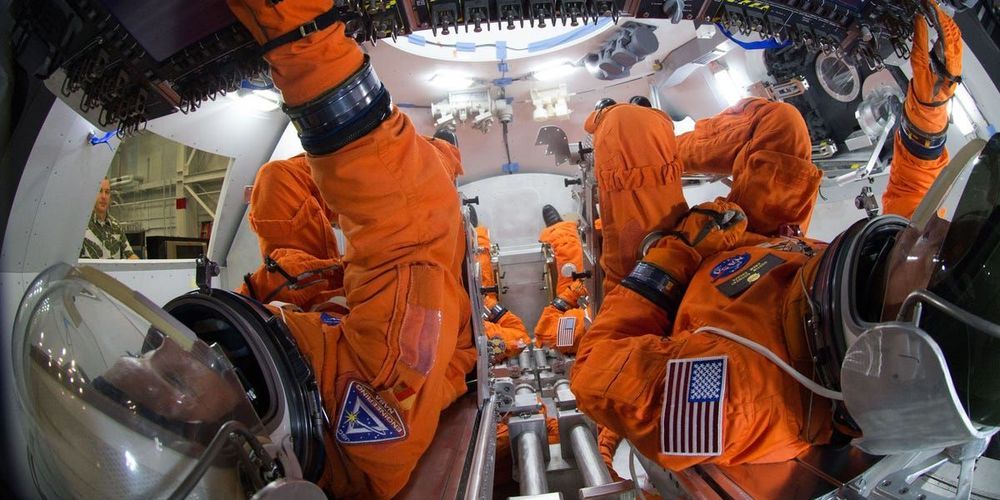If your PC is running on any modern #Intel CPU built before Oct 2018, it’s likely vulnerable to a new hardware issue, dubbed CacheOut (CVE-2020–0549), that could let attackers leak sensitive data from OS kernel, VMs and even from SGX enclave. :-o.
Researchers demonstrated a new speculative execution vulnerability, dubbed ‘CacheOut’ assigned CVE-2020–0549, in Intel processors that could allow attackers to leak targeted sensitive data from OS kernel, co-resident virtual machines, and even stored within Intel’s secured SGX enclave.



 We are delighted to announce that
We are delighted to announce that 



